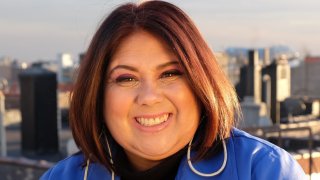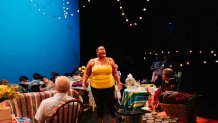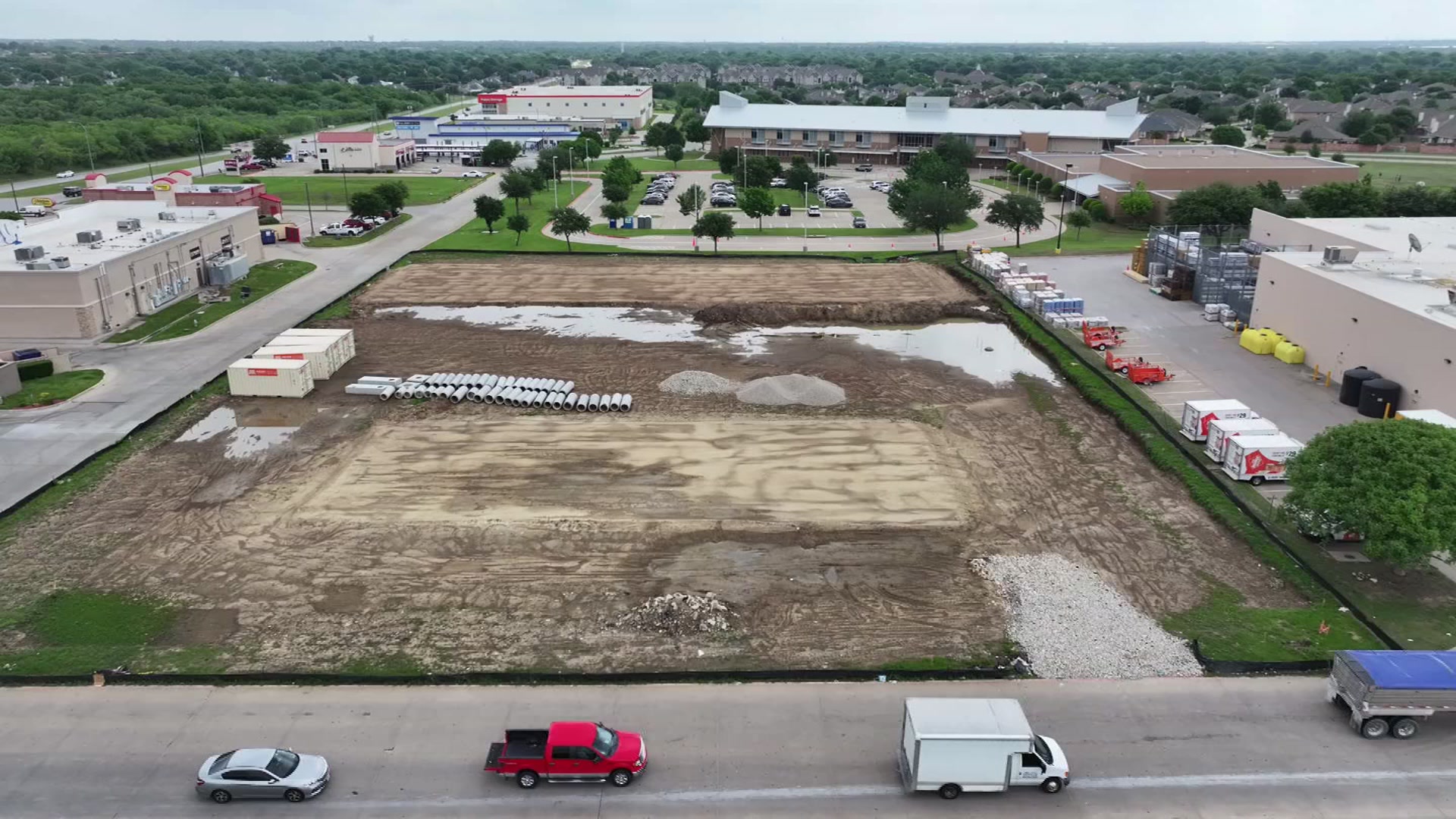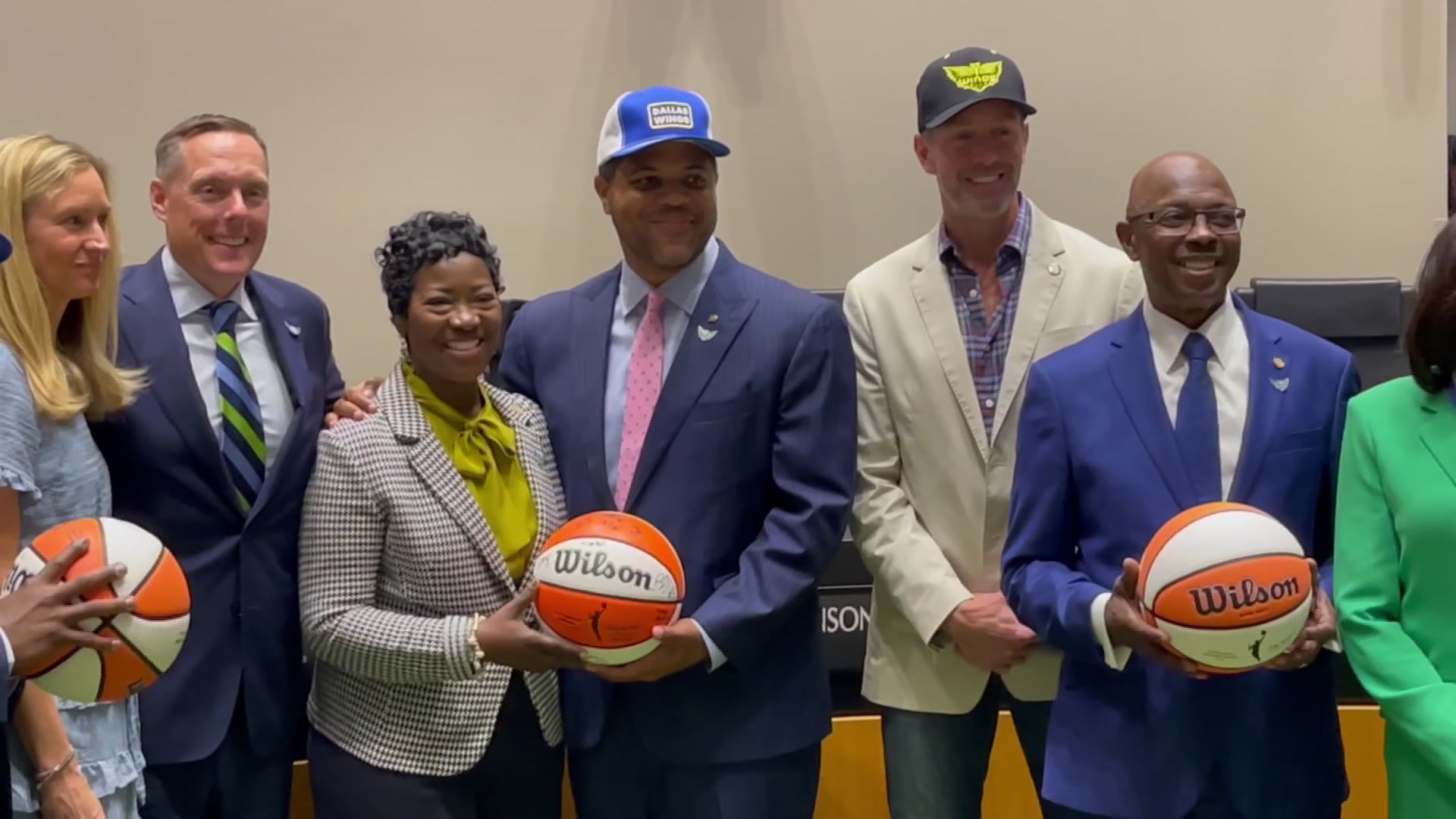
As the arts industry contends with the coronavirus pandemic and social unrest, Cara Mia Theatre announces a playwright residency designed to use art to build community. With funding from Andrew W. Mellon Foundation’s and HowlRound Theatre Commons’ National Playwright Residency Program, the Dallas theater is bringing playwright Virginia Grise onto its full-time staff as it begins its 25th season.
This residency represents an evolution of Cara Mia Theatre’s mission. “I think in the last five years, we’ve become actively involved with the social issues affecting our Latinx community, specifically around DACA, family immigration and child separation along the border and as we’ve been expanding our seasons, we’ve been making partnerships with people working in other social sectors around social justice,” David Lozano, Cara Mia Theatre’s Executive Artistic Director, said.

Grise holds an MFA in Writing for Performance from the California Institute of the Arts and is the recipient of the Yale Drama Award, Whiting Writers' Award, the Princess Grace Award in Theatre Directing, and the Playwrights’ Center’s Jerome Fellowship. A multidisciplinary artist, her plays include Your Healing is Killing Me, blu, The Panza Monologues co-written with Irma Mayorga, and an edited volume of Zapatista communiqués titled Conversations with Don Durito. Cara Mia Theatre has previously produced Your Healing is Killing Me and blu. “Theater is an art form that asks us to imagine a world together, and then we have to build that world together. It is how I articulate and create the world or worlds I want to live in and try to understand this present moment,” Grise said. “I am interested in the liveness of theater.”
This residency will give Grise stability. The playwright left New York two years ago to create theater in a women’s prison in Arizona. “That experience changed my life and the trajectory of my career. I have always made work that is political in nature and about and for working class people, brown and black folks, women and queers,” Grise said. “Being a working artist in the US is a serious balancing act, so I have had to negotiate the complicated life of a traveling artist. This is the first time in my career that I can say with certainty where I will live for the next three years at a moment of such uncertainly in this world and in our field.”
Lozano admires how Grise uses form to explore challenging emotional subjects, pushing the audience to come together as a community. “What I really impressed about Your Healing is Killing Me is the community building within the performance itself. That is something I was ready for. That is something I was hungry for,” Lozano said.
During three-year residency, Grise will work with women of color in Dallas to develop new work through conversations exploring what is needed to build and sustain healthy and vibrant communities. Grise is excited this residency allows this conversation to blossom over a substantial period. “We need to listen to women. We have a whole team of male politicians that are making decisions for us right now that are not in our best interest. They are in the interest of capital business and economy,” Grise said. “But what about our well-being as a community, as a people? I want my work right now to address those questions and I want to hear from those that are most marginalized: women, working class folk, queer people.”

Grise’s first project as a part of Cara Mia Theatre’s residency is a farm for meme, a story about a 14-acre urban farm in South Central Los Angeles, built after the 1992 L.A. rebellion. There will be four free live performances on August 1 and 2. Each performance is approximately 20 minutes long. Two performances are in English and two performances are in Spanish. “It’s a story about what seeds we will plant. What do we want to grow?” Grise said. “And it’s about how a community takes autonomy and control of their own communities and destiny.”
Local
The latest news from around North Texas.
While Cara Mia Theatre is not producing live performances during the pandemic, Lozano is taking time to reconsider the purpose of theater. “How can our tools as theater makers and artists apply and serve our world at this moment? I think we have to rethink the business of theater,” Lozano said. “This is an opportunity for us as theaters and for artists to take a step back from our obsession of our own company’s success, take a breath and recognize that we’re not doing enough to uplift the humanity and support the lives of people in Dallas who are unserved – not underserved – but unserved.”
For Grise, this is a moment to do more and do better. “How we make work has to reflect the world we imagine. We have the opportunity to address the real inequities in theater and how we perpetuate these inequities in our daily life. The positive moment is anything and everything is possible,” Grise said. “Let’s get to work.”
Learn more: https://www.caramiatheatre.org/



